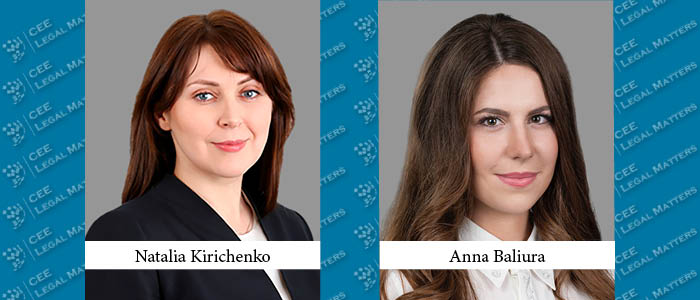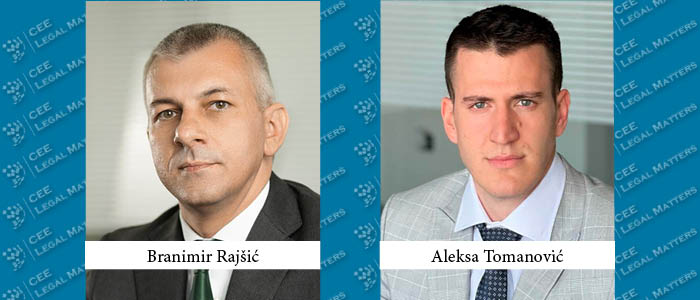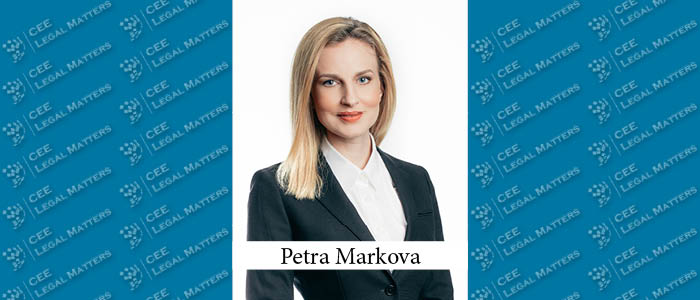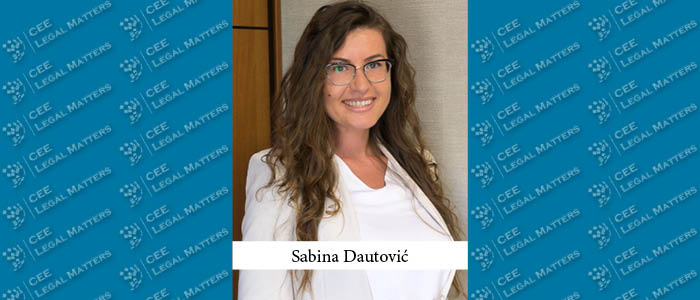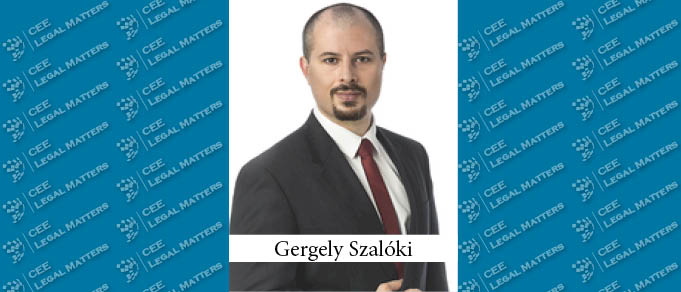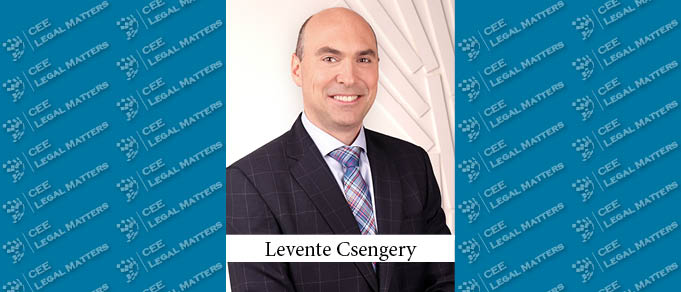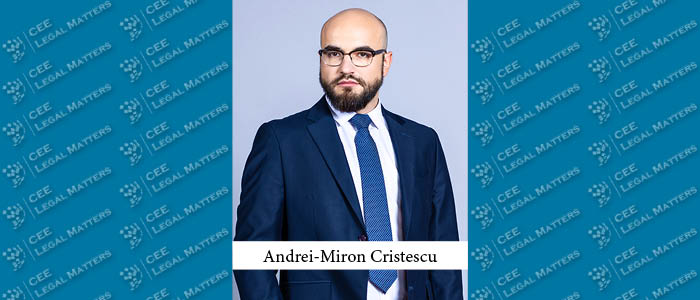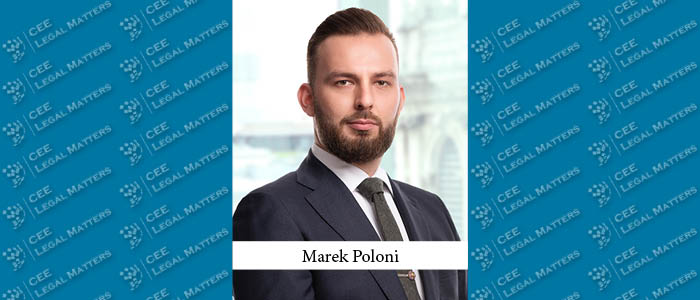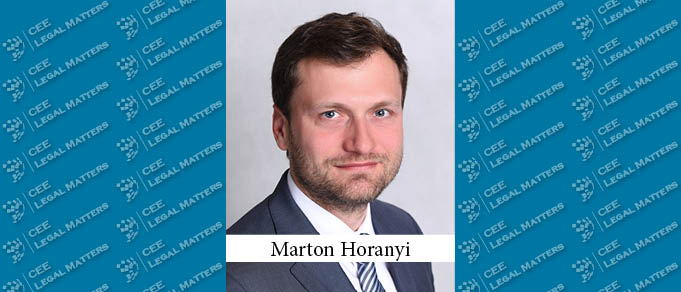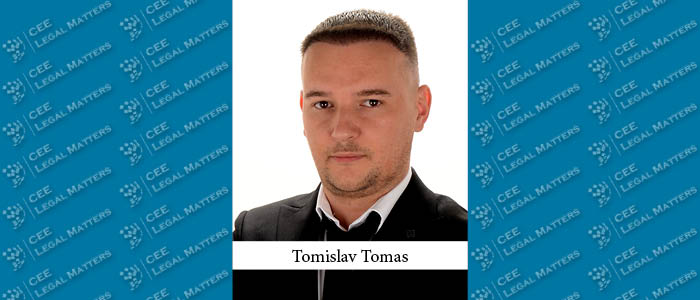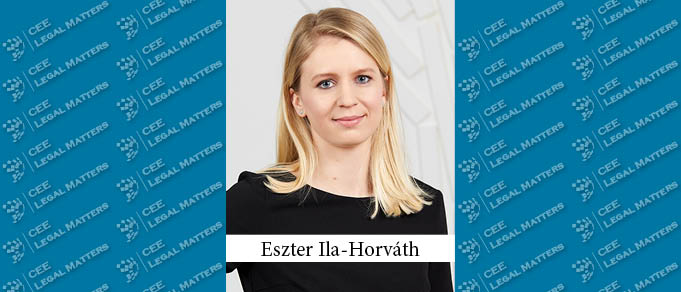In a recent case, the Hungarian Supreme Court had to decide whether a Hungarian undergraduate student studying economics and carrying out international forex transactions can be considered as a “consumer” and thus eligible for starting litigation at his residence, in Hungary against the foreign platform service provider?
Update on the Advertising Regulatory Landscape in Ukraine
Amendments to Law of Ukraine “On Advertising” No. 270/96-ВР of 3 July 1996 (the “Advertising Law”) have recently come into force. The amendments update obsolete regulations on advertising in Ukraine, thus ensuring advertising standards correspond to current technological developments.
Amendments to the Montenegrin Law on Corporate Income Tax (CIT Law)
n November 2023 the Government of Montenegro proposed amendments to the CIT Law (Proposal).
New Law on Transformations of Commercial Companies and Cooperatives and New Institute of Spin-off Within the Change of Legal Form by Division
The new law (Act No. 309/2023 Coll.) introduces a new comprehensive regulation of national and cross-border transformations of commercial companies and cooperatives in a special law. Most of the provisions will enter into force on 1 March 2024.
The Act on Public Construction Investments Entered into Force and a New Act to Simplify the Operation of the State
On 19 July 2023, the Constitutional Court established that certain provisions of the act on public construction investments are unconstitutional, therefore, it could not enter into force as planned on 1 August 2023.
Serbian Health Insurance Law Amendments Seek To Curb Sick Leave Abuses
Legislation proposes to roll back rules to prevent employees misusing leave entitlement.
Rules on Sales With Retention of Title: Important Legal Information for Hungarian Companies Trading with Germany
In import-export transactions across Europe, it is common for sellers to protect the assets they have sold by retaining the ownership title until the buyer has paid the full purchase price. Retention of title allows sellers to reclaim the assets if the buyer fails to pay, and even if the buyer goes bankrupt before payment is made. In Hungary, however, such an arrangement can lead to unpleasant surprises for sellers.
News from This Year's Permanent Consultation Forum of the Private Sector and the Government
Negotiations on next year's wages started at the beginning of October 2023, with stakeholders - employers and trade unions representing workers - and the government as an observer taking part in the wage negotiations, which can last several weeks.
Discontinuation of Decade Long Status Quo - Ex officio Censorship of Attorney Fees to be Ceased by Means of New Legislative Proposal
A recent legislative project registered for debate with the Romanian Senate indicates that the current state of affairs pertaining to the reimbursement of judiciary costs is on the cusp of a major change.
Relationship of Licence to Copyright and AI
A technology that changes the meaning of the word art and outpaces legislation. In the case of artificial intelligence (AI), this is especially true in the context of image creation applications such as DALL-E or Midjourney. These apps use machine learning to create original works based on an analysis of existing databases of works. However, this raises certain complications in the field of copyright.
Electricity Imports Could Help Companies Operate Smoothly During Power Outages
On 27 October 2023, the Cabinet of Ministers of Ukraine approved the regulation that allows non-household consumers to operate without interruption during power outages, with some exceptions. In other words, in the event of infrastructure damage this winter, imported electricity may be used to avoid supply restrictions.
Legislative Proposal on National Data Assets
A legislative proposal has been submitted in November 2023 on the system of utilization of national data assets. The primary objective of the proposal is to ensure the applicability of the data governance regulation in Hungary and to make the existing laws on secondary usage of the national data assets coherent in a regulatory environment. The scope of the proposal covers services related to the use of data processed by public authorities, the performance of other related public tasks and data collection and analysis in support of government decision-making.
The EU Takes a Tough Stance on Foreign Subsidies
Under the EU's Foreign Subsidies Regulation (FSR), companies must notify the European Commission in advance of certain acquisitions, mergers or large public procurement transactions if the groups of companies involved have received financial contributions from outside the EU. Compiling the notification and gathering the necessary information can be a heavy administrative burden for companies, and failure to do so can result in fines of up to 10% of the group's worldwide turnover.
North Macedonia’s Coal Exit: EBRD and World Bank Support a 3 Billion Euro Initiative to End Coal Dependency in North Macedonia
The European Bank for Reconstruction and Development (“EBRD”) and the World Bank are among the international financial institutions spearheading a 3-billion-euro plan to wean North Macedonia off its reliance on coal. The “Just Energy Transition Investment Program” (JET-P) plan follows the footsteps of several other countries in efforts to retire coal power plants, with the joint support of the government, as well as public lenders and private investors.
Energy Law of Bosnia and Herzegovina – Connection with the EU, Investment Protection, and Transparency and Simplicity in Obtaining Permits for Renewable Energy Projects
Bosnia and Herzegovina (B&H) is located in the so-called "Western Balkans" region, borders the EU, and has an area of 51,209 km2. Its highly favorable geographical location for harnessing energy potentials has positioned B&H as the only country in the surrounding area with a significant surplus in exporting electrical energy. The water potential is represented by a large number of rivers suitable for building hydroelectric power plants, and substantial potential exists in the areas of wind energy (due to the position of the Dinaric mountain range) and solar energy (averaging over 2000 sunny hours per year).
The Updated Procedure for Opening and Formalizing Inheritance
On November 28, 2023, the President signed two laws that modify the procedure for opening and formalizing inheritance. These laws were developed to protect the rights of heirs in times of war or a state of emergency.
New Bill on the Entry and Residence of Third-Country Nationals in Hungary
On 14 November 2023, the Hungarian Government presented a new bill on the entry and residence of third-country nationals in Hungary.
Buying or Licensing Software – End-User Dilemma
Both consumers and companies that are using the software in everyday activities, either for business or pleasure, usually do not own the software, but only have limited rights granted by a license agreement with specifically defined scope and terms of use. Why the misunderstanding? In general, software is a set of instructions or programs used to operate computers and execute specific tasks. It is an intangible object, opposite to hardware compartments. With the latter, the ownership perception is clear when you are buying it. On the other hand, software brings confusion to end-users - is it purchased or licensed? Because the difference is essential.


